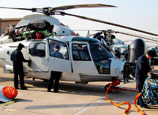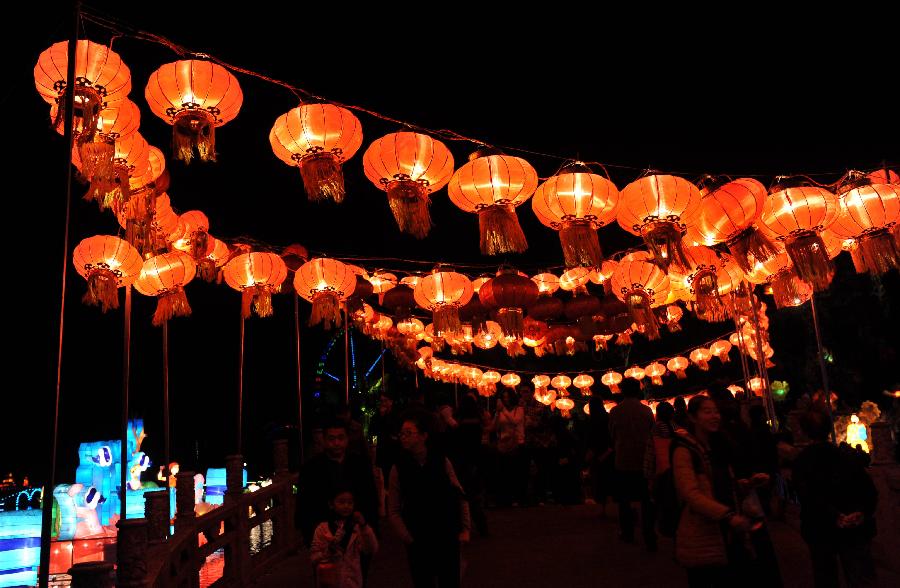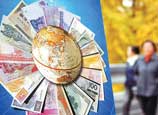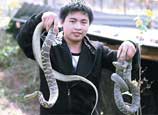
"The partnership provides our German counterparts with quick and easy access to the Chinese and Asian market, helping them cut their costs," said Chen.
According to Wang, there have been misunderstandings among the German government and enterprises opposed to Chinese investment proposals.
"They believed China bought their assets only to obtain technology, fearing that Chinese companies would fire local staff and destroy the management and business model when deals were signed," said Wang.
But such concerns are unwarranted, and Chinese companies' performance in many recent deals in Germany could clear their minds of doubt, he added.
Putzmeister, a family enterprise whose concrete pumps helped build the world's tallest building in Dubai and the Panama Canal, has been in pursuit of capital and increased international expansion since the financial crisis.
Cooperation with Sany provides the solution. As part of its 12th Five-Year Plan (2011-15), China said it will especially develop industries such as high-end manufacturing equipment, information technology, alternative energy, biotechnology, advanced materials and environmentally friendly technologies.
Xiang Wenbo, president of Sany, said Putzmeister would transfer part of its manufacturing capacity to China with the help of Sany, in an attempt to reduce cost and raise profits.
Sany also promised to maintain the original Putzmeister team, and the company's CEO will sit on Sany's board.
Xie Wei, financial manger of Jinsheng GmbH & Co KG, said, "There is huge potential for Chinese high-end manufacturers to make forays in Germany. China could provide all they (German companies) desire - capital, market, cheap laborers, and what is also important, business growth."
In 2010, Jiangsu-based Jinsheng acquired a 50 percent stake in a leading machine tools maker in Germany, EMAG Holding. Since then, the German company's business has grown by 30 percent annually. "This is a big surprise for them," Xie said.




















![]()
